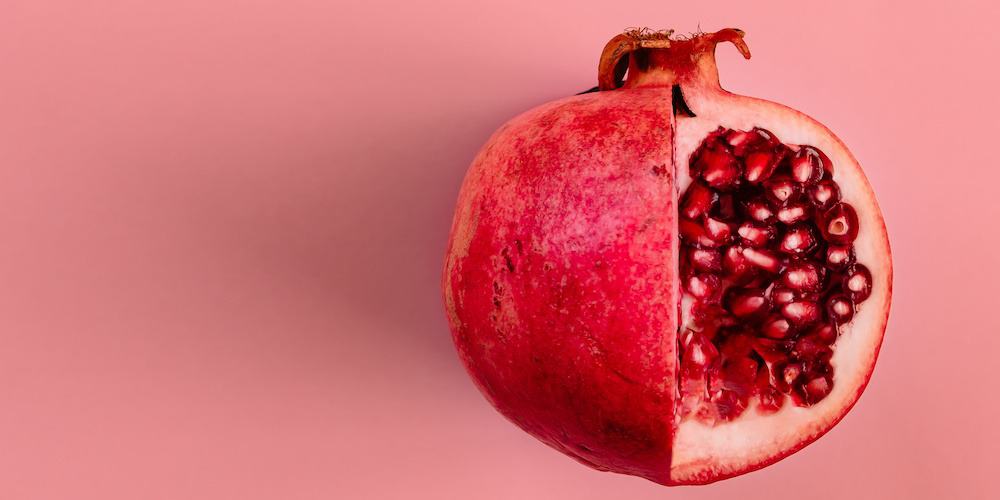1. Turmeric
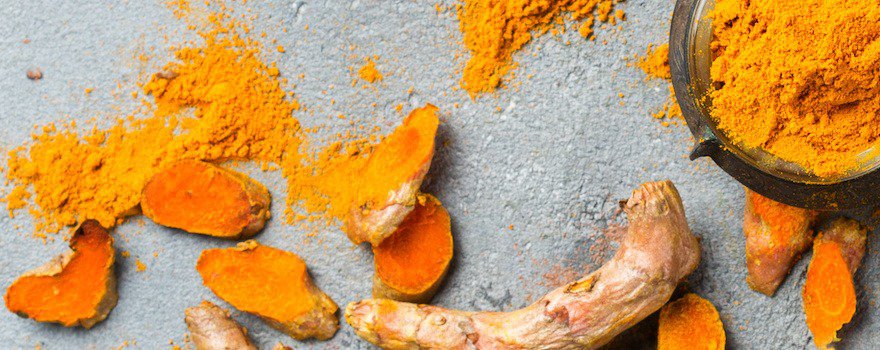
Turmeric is a spice obtained by grinding the roots of Curcuma longa. Its active substance, curcumin, has a powerful anti-inflammatory effect. Thus, it relieves pain related to arthritis or osteoarthritis and supports the joints.
Turmeric is also a protector of the nervous system. It slows cognitive decline and prevents certain neurodegenerative diseases. As shown in this review, it holds promising potential in the prevention and treatment of Alzheimer’s disease.
Finally, through its antioxidant action, it protects the body from free radicals that accelerate cellular and skin aging.
Also read the How to choose the best curcumin?
2. Pomegranate
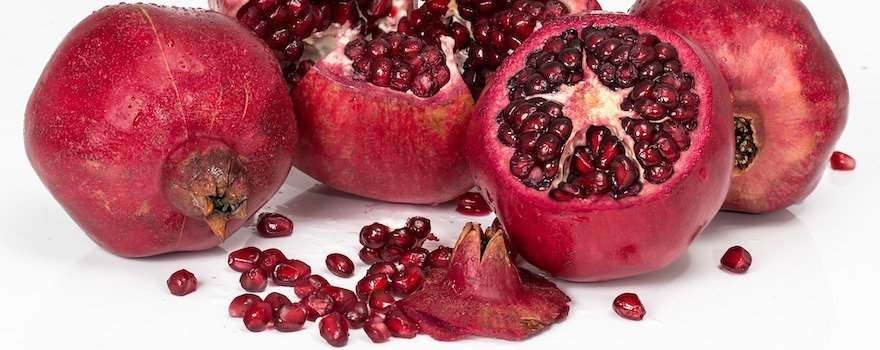
The pomegranate is a fruit that stimulates and strengthens immunity. It boosts the body’s defenses, making it better able to fight infections, especially in winter.
It is therefore an ally for the elderly whose immune defenses are less effective.
Thanks to its richness in antioxidant vitamins (C and E), it fights against free radicals and slows aging.
Finally, it contains tannins called “punicalagins” which reduce inflammation in the joints and the brain (neuroinflammation).
This study from the University of Washington School of Medicine (USA), conducted with pregnant women, shows how pomegranate punicalagins reduce oxidative stress.
3. Broccoli
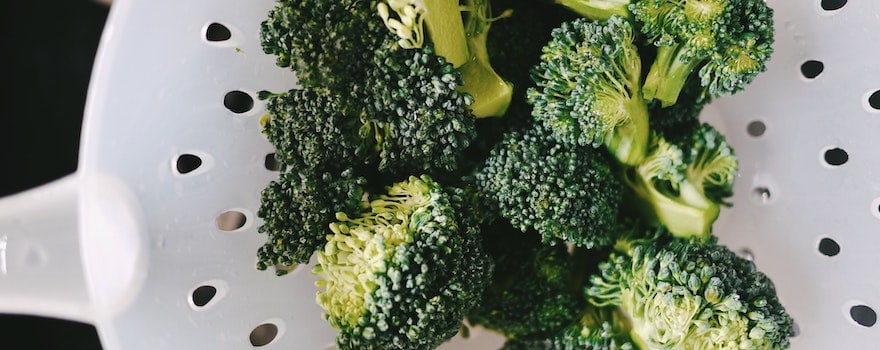
Like other cruciferous vegetables (Brussels sprouts, cauliflowers…), broccoli contains sulforaphane. This organosulfur compound is antioxidant, anti-inflammatory, and neuroprotective.
As shown in this study, it slows the degeneration of cognitive faculties (learning, memory…) linked to Alzheimer’s disease.
Moreover, broccoli is particularly rich in vitamin C and B9 (folic acid).
Vitamin C is antioxidant and boosts the immune system. By maintaining blood vessel elasticity, it also prevents hypertension and certain cardiovascular diseases related to aging.
Vitamin B9, on the other hand, plays a role in cell renewal. It also supports proper brain function, prevents memory decline, and cognitive function degeneration.
With 65 mg of vitamin C and 108 µg of folic acid per 100 g, broccoli is a valuable anti-aging food.
4. Red Fruits and Berries
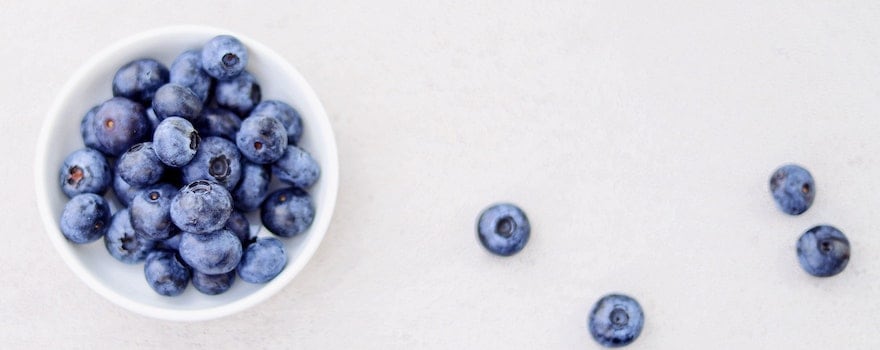
Strawberries, raspberries, cranberries, blueberries, blackcurrants, açaí berries, aronia…: so many small fruits and red berries with antioxidant effects. The antioxidant capacities of açaí, for example, reach 12,324 µmol TE/100g of fruit according to the ORAC (Oxygen Radical Absorbance Capacity),
Thus, these foods protect cells from free radicals, slow down cellular aging, and prevent cardiovascular diseases.
Red fruits are also rich in vitamins (provitamin A, C, E…) and minerals. Blackcurrant, for instance, is a good source of potassium (330 mg/100 g). This mineral supports joints, maintains bone density, and prevents osteoporosis.
5. Avocado
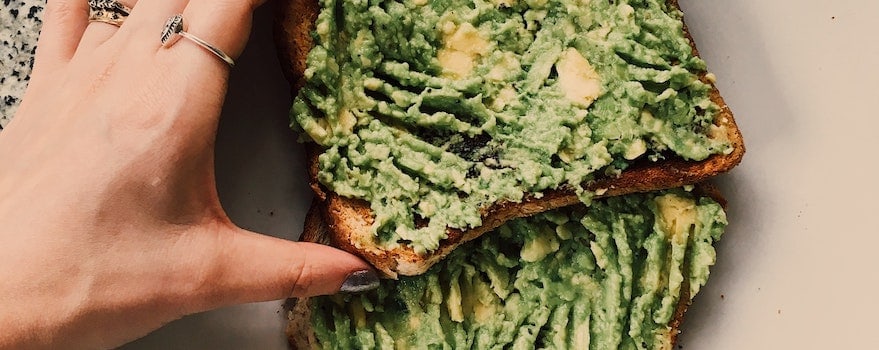
Avocado is a source of vitamin E, B5, B9, and K1. It also contains potassium and fatty acids (omega-3 and 6), which are good for the heart.
It also contains antioxidant polyphenols and neuroprotective compounds. As shown in this study, avocado plays an important role in preventing neurodegenerative diseases (Huntington’s, Parkinson’s, and Alzheimer’s diseases).
In cosmetics, avocado oil is used for mature skin care. It nourishes, restores skin elasticity, and combats signs of skin aging: wrinkles, loss of firmness…
6. Chicken
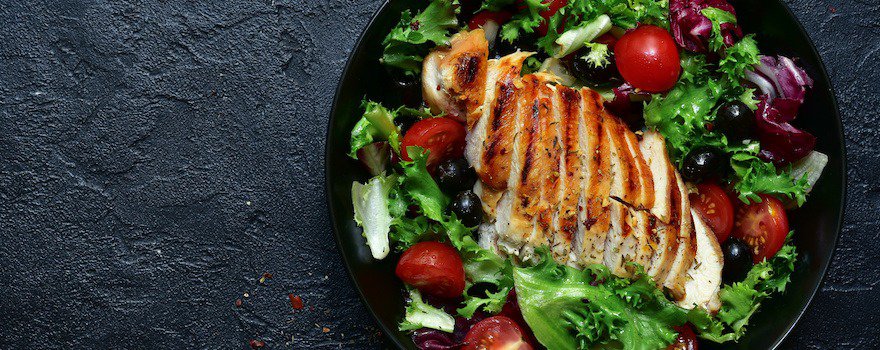
Chicken (as well as turkey) contains collagen and promotes its production through amino acids. Collagen is one of the main components of the skin, bones, muscles… We produce less of it as we age, so it’s beneficial to have intake through diet or supplementation.
Also read Buying collagen
Among its various functions, it plays an essential role in skin beauty. Type 1 collagen is present in the dermis (inner layer of the skin).
It provides suppleness and elasticity, promotes healing, and slows down skin aging. Finally, it contributes to the growth of hair and nails.
This study demonstrated the usefulness of chicken as a source of collagen in the treatment of osteoarthritis.
Favor free-range or organic chickens.


